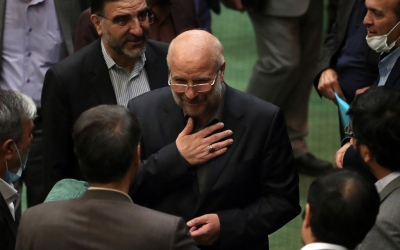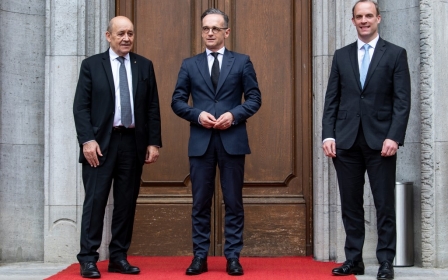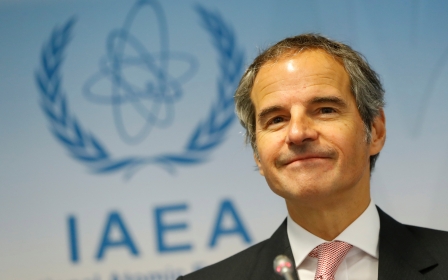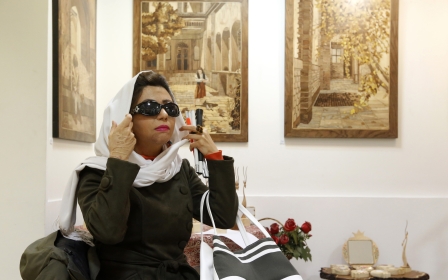Iran's coronavirus death toll tops 9,500
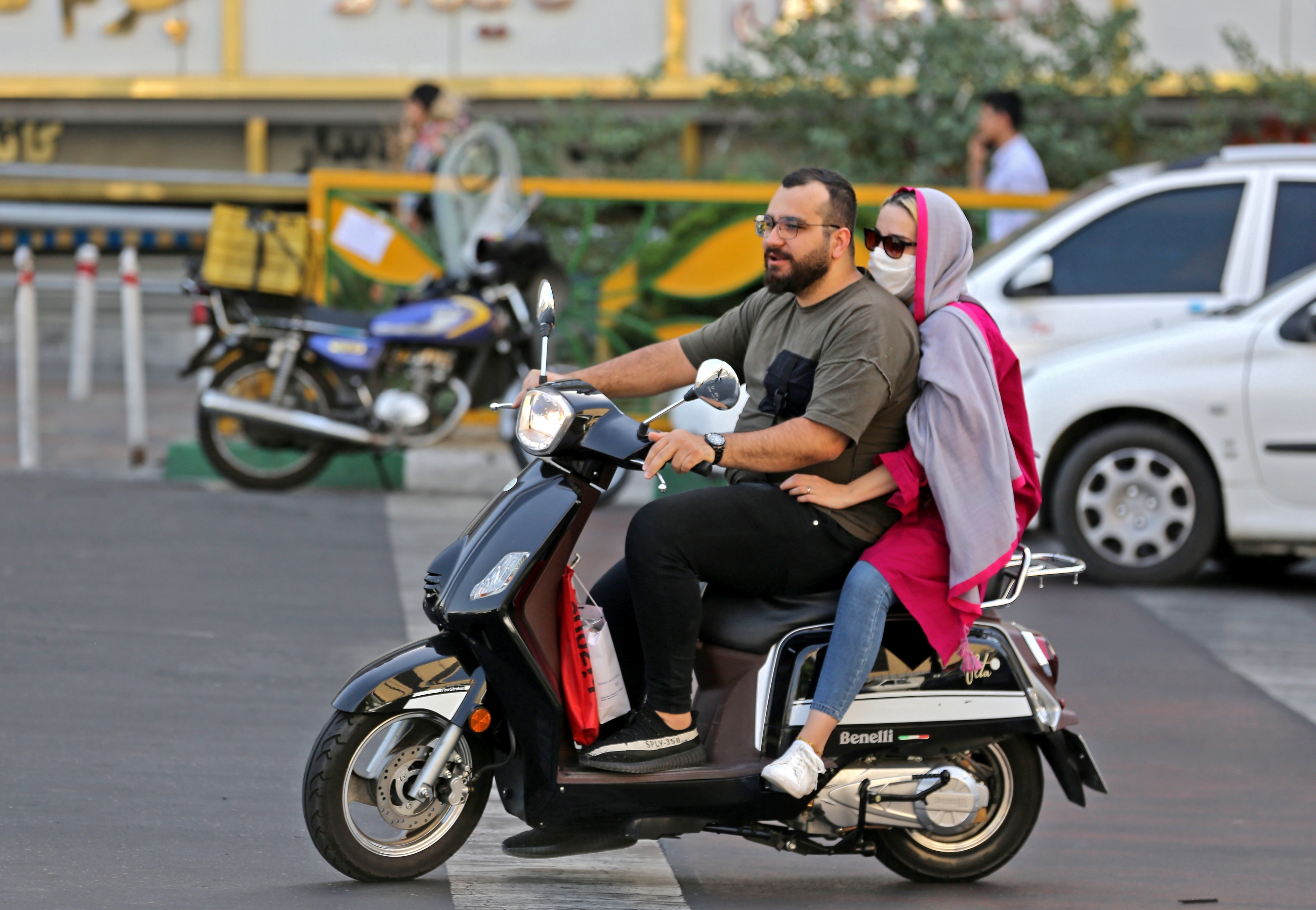
Iran has announced more than 100 further deaths from the coronavirus pandemic, bringing the total to more than 9,500.
Health authorities on Saturday announced another 2,000 cases of the illness, as the country's fight against the pandemic entered its fifth month.
Iran reported its first coronavirus cases on 19 February, and it has since struggled to contain the outbreak, the worst in the Middle East.
The Islamic republic's official figures have shown an upward trajectory in new cases of infection since early May.
Health ministry spokeswoman Sima Sadat Lari said there were 115 fatalities in the past 24 hours, bringing the country's death toll to 9,507.
New MEE newsletter: Jerusalem Dispatch
Sign up to get the latest insights and analysis on Israel-Palestine, alongside Turkey Unpacked and other MEE newsletters
There were also 2,322 new cases of infection, with the total number of confirmed cases now at 202,584, she added.
There has been scepticism at home and abroad about Iran's official figures, with concerns the real toll could be much higher.
President Hassan Rouhani on Saturday warned that stress created by the disease could leave people "depressed".
He called on experts and artists to prepare Iranians mentally "to fight the virus for a long time".
"Without perseverance and continuity, we risk losing all our gains," he said during a meeting of a taskforce set up to fight the pandemic.
Rouhani also confirmed his government's decision to allow provinces to make their own decisions on restrictive measures, implemented with "the president's approval".
Seven of Iran's 31 provinces - Khuzestan, Khorasan Razavi, Kermanshah, West and East Azerbaijan, Golestan and Kurdistan - are currently "red", the highest level on its colour-coded risk scale, Lari said.
Middle East Eye delivers independent and unrivalled coverage and analysis of the Middle East, North Africa and beyond. To learn more about republishing this content and the associated fees, please fill out this form. More about MEE can be found here.


